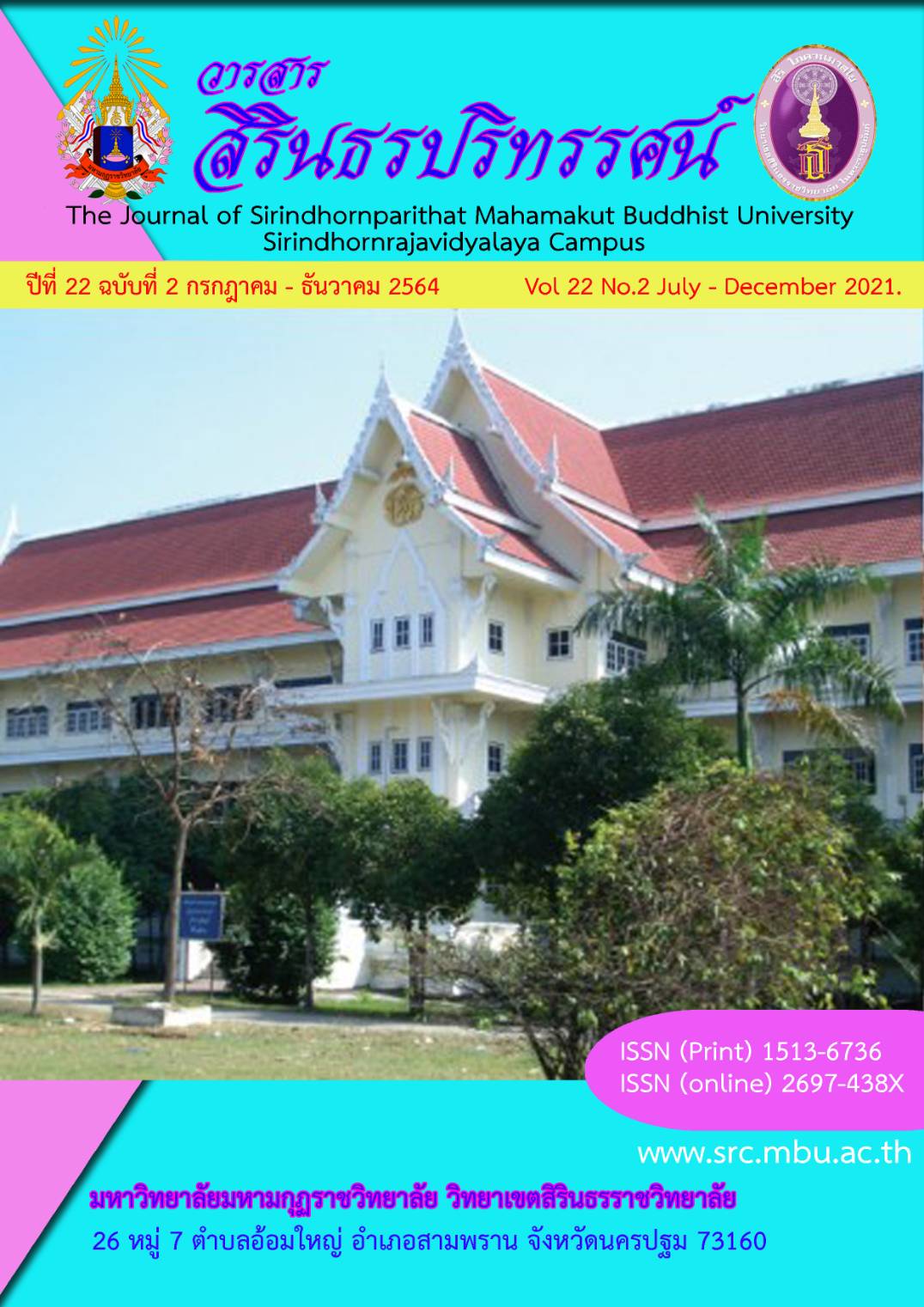Influence of mental health status of university teachers on professional competence
Keywords:
University teachers, Mental health, Social support, Professional competenceAbstract
Professional mental health of university teachers is the foundation of psychological education. Universities attach great importance to teachers' educational level and scientific research achievements, pay attention to teachers' instrumental value, and pay little attention to teachers' professional psychology. By investigating the current situation of university teachers' mental health, this study aims to understand the level of university teachers' mental health, explore the factors that influence the level of university teachers' mental health and the relationship with social support and professional competence, and provide reference for promoting university teachers' mental health and enhancing their psychological quality. The results show that there is a significant negative correlation between mental health and competence, a significant negative correlation between mental health and social support, and a significant positive correlation between competence and social support. Competency has a significant mediating effect between college teachers' mental health and social support.
References
Almaliah‐Rauscher, S. Ettinger, N., Levi‐Belz, Y., & Gvion, Y. (2020). Will you treat me? i'm suicidal! the effect of patient gender, suicidal severity, and therapist characteristics on the therapist's likelihood to treat a hypothetical suicidal patient. Clinical Psychology And Psychotherapy, 27(3), 278-287.
Cekic-Jovanovic, O, Orevi, M, Orevi, M. M. (2019). The influence of the flipped classroom model on the development of key competences of future teachers. The New Educational Review, 26(2), 271-282.
Hashimoto, Y., et al. (2019). The influence of types of living alone on 2-year health changes according to elderly adults' marital status: based on the comprehensive regional studies for preventing isolation of the elderly who live in metropolitan area (capital study). Japanese Journal of Public Health, 66(3), 129-137.
Hyae-Young, Y, Yun-Kyeung, C. (2020). The development and validation of the perceived competence scale for disaster mental health workforce. Psychiatry investigation, 16(11), 816-828.
Kang, J. J. (2019). The influence of participation in the overseas teaching practice program on the enhancement of pre-service teachers' global teaching competence. Korean Journal of Teacher Education, 35(1), 205-232.
Kolandan, S, & Raman, A. (2020). The influence of business studies teachers' competency on students' academic achievement. International Journal of Psychosocial Rehabilitation, 24(6), 7822-7835.
Krejcova, L., Novakova, L. M., Cizenkova, A., Potyszova, K., Sinkner, F., & Klapilova, K. (2020). Professional competence and attitudes towards non-offending people with paraphilia in czech mental health professional. Journal of Sexual Medicine, 17(6), Supp2. Retrieved from https://www.jsm.jsexmed.org/article/S1743-6095(20)30555-5/fulltext
Mahafuz, M, Reaz, A, Binte, Z. S. (2019). Consumers' willingness to purchase online mental health services. Journal of Services Marketing, 33(5), 557-571.
Mahfoudh, A, Bakhrouf, A, Rassas, I, H Ammar, & Khalfallah, T. (2019). Influence of socioprofessional determinants on teachers' mental well-being. Giornale Italiano di Medicina del Lavoro, Ed. Ergonomia, 41(3), 121-124.
Marquine, M. J, & Jimenez, D. (2020). Cultural and linguistic proficiency in mental health
care: a crucial aspect of professional competence. International Psychogeriatrics, 32(1), 1-3.
Mercader, C, & Gairin, J. (2021). The perception of teachers' digital competence of pressevice pre-primary and primary education teachers. the influence of degree and entrance path. Revista Iberoamericana de Tecnologias del Aprendizaje, 16(1), 100-106.
Nellitawati, N. (2020). The influence of teacher pedagogical competence of teachers' work morale. Journal of Counseling and Educational Technology, 3(1), 29.
Plessas, A, Mccormack, J, & Kafantaris, I. (2019). The potential role of applied behavior analysis in the cultural environment of māori mental health. Behavior Analysis in Practice, 12(4), 854-868.
Prasetia, I, Akrim, A., Sulhati, S., & Burhanuddin, B. (2021). The influence of lesson study strategy on teachers's pedagogical quality in all state madrasah aliyah of medan. Budapest International Research and Critics Institute. (BIRCI-Journal) Humanities and Social Sciences, 4(1), 762-772.
Tindowen, D. J. (2019). Influence of empowerment on teachers' organizational behav-iors. European Journal of Educational Research, 8(2), 617-631.
Walters, W., Robinson, D. B, Walters, J. (2019). Mentoring as meaningful professional development: the influence of mentoring on in-service teachers? identity and practice. International Journal of Mentoring and Coaching in Education, 9(1), 21-36.
Yamaguchi, L. S., Sukhbaatar, S. J, Takada, J. I. (2019). The influence of teachers' professsional development activities on the factors promoting ict integration in primary schools in mongolia. Education Sciences, 9(2), 78-78.
Yochanna, M. (2019). The influence of novice efl/esl teacher's bilingual identity on self-efficacy. American-Chinese foreign languages, 17(11), 483-497.
Zondag, A, Larsen, A. B, Guldal, T. M, Tillaar, R. (2020). The influence of improvisation activities on speaking confidence of efl student teachers. Nordisk Tidsskrift for Utdanning Og Praksis, 14(2), 82-102.
Downloads
Published
Issue
Section
License
Copyright (c) 2022 Mahamakut Buddhist University

This work is licensed under a Creative Commons Attribution-NonCommercial-NoDerivatives 4.0 International License.
บทความที่ได้รับการตีพิมพ์เป็นลิขสิทธิ์ของ มหาวิทยาลัยมหามกุฏราชวิทยาลัย วิทยาเขตสิรินธรราชวิทยาลัย
ข้อความที่ปรากฏในบทความแต่ละเรื่องในวารสารวิชาการเล่มนี้เป็นความคิดเห็นส่วนตัวของผู้เขียนแต่ละท่านไม่เกี่ยวข้องกับหาวิทยาลัยมหามกุฏราชวิทยาลัย วิทยาเขตสิรินธรราชวิทยาลัย และคณาจารย์ท่านอื่นๆในมหาวิทยาลัยฯ แต่อย่างใด ความรับผิดชอบองค์ประกอบทั้งหมดของบทความแต่ละเรื่องเป็นของผู้เขียนแต่ละท่าน หากมีความผิดพลาดใดๆ ผู้เขียนแต่ละท่านจะรับผิดชอบบทความของตนเองแต่ผู้เดียว




